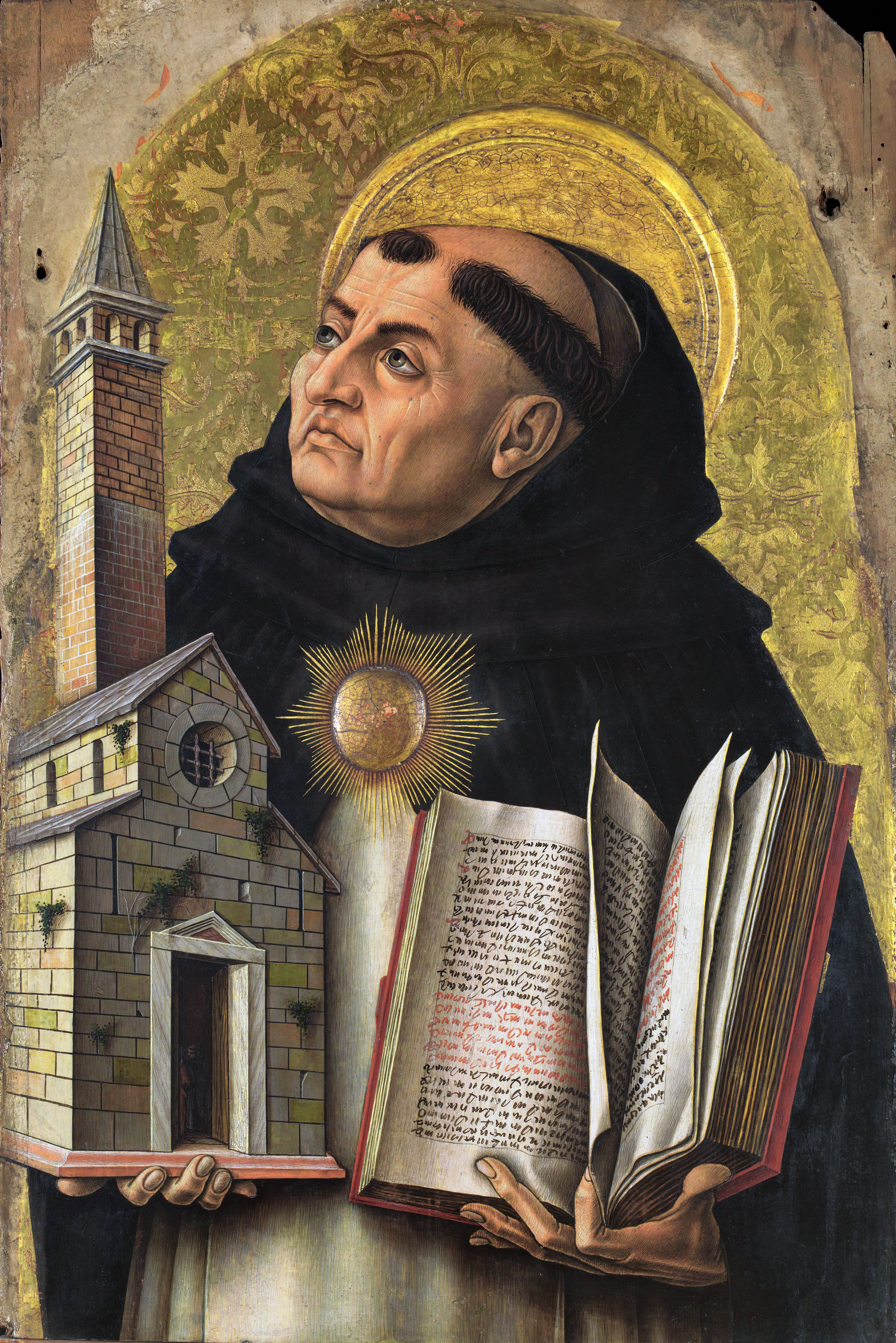|
ل»Œlل»چrun
Olorun (Yoruba alphabet: ''ل»Œlل»چrun'') (Ede language: ''ة”lة”run'') is the ruler of (or in) the Heavens creator of the Yoruba. The Supreme Deity or Supreme Being in the Yoruba pantheon, Olorun is also called Olodumare (Yoruba alphabet: ''Olأ³dأ¹marأ¨''), Eledumare and Eleduwa/Eledua. In Yoruba culture, ل»Œlل»چrun is credited with creating the universe and all living things. ل»Œlل»چrun is frequently perceived as a compassionate entity who protects its creations and is thought to be omnipotent, omniscient, and omnipresent. People do not worship Olorun directly; there are no sacred areas of worship, no iconography. ل»Œlل»چrun's ordained are known to be Obatalأ، of which is appointed a divine sun Olأ؛waل¹¢أ³wjon. Olorun is outlying, distant, and does not partake in human rituals. There are no shrines or sacrifices dedicated directly to them, although followers can send prayers in their direction. Olorun has no gender in the Ifأ، Literary Corpus, and is always referred to as an ent ... [...More Info...] [...Related Items...] OR: [Wikipedia] [Google] [Baidu] |
Smite (video Game)
''Smite'' is a 2014 free-to-play third-person multiplayer online battle arena (MOBA) video game developed and published by Hi-Rez Studios for Microsoft Windows, Xbox One, PlayStation 4, Nintendo Switch, and Amazon Luna.SMITE arriving soon on the Xbox One , Hi-Rez Studios, Inc . Hirezstudios.com (August 12, 2014). Retrieved on August 15, 2014. In ''Smite'', players control a god, goddess or other mythological figure and take part in team-based combat, using their abilities and tactics against other player-controlled gods and non-player-controlled ''minions''. The game has multiple [...More Info...] [...Related Items...] OR: [Wikipedia] [Google] [Baidu] |
Umbanda
Umbanda () is a religion that emerged in Brazil during the 1920s. Deriving largely from Kardecist spiritism, Spiritism, it also combines elements from African diasporic religions, Afro-Brazilian traditions like Candomblأ© as well as Roman Catholicism. There is no central authority in control of Umbanda, which is organized around autonomous places of worship termed ''centros'' or ''terreiros'', the followers of which are called ''Umbandistas''. Adherents of this monotheism, monotheistic religion believe in a single God who is distant from humanity. Beneath this entity are powerful non-human spirits called ''Orisha, orixأ،s''. In the more Spiritist-oriented wing of the religion, White Umbanda, these are viewed as divine energies or forces of nature; in more Africanised forms they are seen as West African deities and are offered animal sacrifices. The emissaries of the ''orixأ،s'' are the ''pretos velhos'' and ''caboclos'', spirits of enslaved Africans and of Indigenous peoples in ... [...More Info...] [...Related Items...] OR: [Wikipedia] [Google] [Baidu] |
Yoruba Religion
The Yorأ¹bأ، religion (Yoruba language, Yoruba: أŒل¹£ل؛¹ج€ل¹£e), West African Orisa (أ’rأ¬ل¹£أ ), or Isese (أŒل¹£ل؛¹ج€ل¹£e), comprises the traditional religious and spiritual concepts and practice of the Yoruba people. Its homeland is in present-day Southwestern Nigeria and Southern Benin, which comprises the majority of the States of Nigeria, states of; Oyo State, Oyo, Ogun State, Ogun, Osun State, Osun, Ondo State, Ondo, Ekiti State, Ekiti, Kwara State, Kwara, Lagos State, Lagos and parts of Kogi State, Kogi in Nigeria, the Departments of Benin, Departments of; Collines Department, Collines, Ouأ©mأ© Department, Oueme, Plateau Department, Plateau in Benin, and the adjoining parts of central Togo, commonly known as Yorubaland (). It has become the largest indigenous African tradition / belief system in the world with several million adherents worldwide. It shares some parallels with the Vodun practised by the neighbouring Fon people, Fon and Ewe people, Ewe peoples to its west ... [...More Info...] [...Related Items...] OR: [Wikipedia] [Google] [Baidu] |
Names Of God In African Traditional Religions
A name is a term used for identification by an external observer. They can identify a class or category of things, or a single thing, either uniquely, or within a given context. The entity identified by a name is called its referent. A personal name identifies, not necessarily uniquely, a ''specific'' individual human. The name of a specific entity is sometimes called a proper name (although that term has a philosophical meaning as well) and is, when consisting of only one word, a proper noun. Other nouns are sometimes called "common names" or (obsolete) "general names". A name can be given to a person, place, or thing; for example, parents can give their child a name or a scientist can give an element a name. Etymology The word ''name'' comes from Old English ''nama''; cognate with Old High German (OHG) ''namo'', Sanskrit (''nؤپman''), Latin '' nomen'', Greek (''onoma''), and Persian (''nأ¢m''), from the Proto-Indo-European (PIE) ''*hâ‚پnأ³mnج¥''. Outside Indo-European, ... [...More Info...] [...Related Items...] OR: [Wikipedia] [Google] [Baidu] |
God In The Yoruba Religion
In monotheistic belief systems, God is usually viewed as the supreme being, creator, and principal object of faith. In polytheistic belief systems, a god is "a spirit or being believed to have created, or for controlling some part of the universe or life, for which such a deity is often worshipped". Belief in the existence of at least one deity, which interfers with the world, is called theism. Conceptions of God vary considerably. Many notable theologians and philosophers have developed arguments for and against the existence of God. Atheism rejects the belief in any deity. Agnosticism is the belief that the existence of God is unknown or unknowable. Some theists view knowledge concerning God as derived from faith. God is often conceived as the greatest entity in existence. God is often believed to be the cause of all things and so is seen as the creator, sustainer, and ruler of the universe. God is often thought of as incorporeal and independent of the material creation, wh ... [...More Info...] [...Related Items...] OR: [Wikipedia] [Google] [Baidu] |
Wizkid
Ayodeji Ibrahim Balogun (born 16 July 1990), better known as Wizkid, is a Nigerian singer and songwriter. Born in the Ojuelegba suburb of Surulere, Lagos, Wizkid is a voice in the emerging Afrobeats movement. His music is a blend of Afrobeats, afropop, R&B, afrobeat, reggae, dancehall, and pop. He began recording music at the age of 11 and released a collaborative album with the Glorious Five, a group he and a couple of his church friends formed. In 2009, Wizkid signed a record deal with Banky W's Empire Mates Entertainment (E.M.E). He rose to the limelight after releasing "Holla at Your Boy", the lead single from his debut studio album, ''Superstar'' (2011), which also spawned the singles " Tease Me/Bad Guys" and " Don't Dull". On 17 September 2014, he released the self-titled second studio album, '' Ayo'', which was supported by six singles, including " Jaiye Jaiye". Wizkid left E.M.E. after his contract expired. In 2016, he achieved international recognition following ... [...More Info...] [...Related Items...] OR: [Wikipedia] [Google] [Baidu] |
Soco (song)
"Soco" is a song by Nigerian recording artist Wizkid (credited as Starboy featuring Wizkid), released on 21 February 2018. The song was produced by Nigerian record producer Northboi and features Nigerian artists Terri, Spotless and Ceeza Milli. It was certified Gold by Music Canada in 2020. The song’s official music video has been viewed over 100 million times on YouTube. Awards and nominations "Soco" won Song of the Year and was nominated for Best Pop Single at the 2018 African Musik Magazine Awards (AFRIMMA). It won Best Collaboration of the Year at the 2018 Soundcity MVP Awards Festival. Charts Certifications References {{Wizkid Nigerian songs Wizkid songs 2018 songs 2018 singles Song recordings produced by Northboi ... [...More Info...] [...Related Items...] OR: [Wikipedia] [Google] [Baidu] |
Paul Simon
Paul Frederic Simon (born October 13, 1941) is an American singer-songwriter known for his solo work and his collaborations with Art Garfunkel. He and Garfunkel, whom he met in elementary school in 1953, came to prominence in the 1960s as Simon & Garfunkel. Their blend of folk and rock, including hits such as "The Sound of Silence" (1965), "Mrs. Robinson" (1968), "America (Simon & Garfunkel song), America" (1968), and "The Boxer" (1969), served as a soundtrack to the Counterculture of the 1960s, 1960s counterculture. Their final album, ''Bridge over Troubled Water'' (1970), is among List of best-selling albums, the best-selling of all time. As a solo artist, Simon has explored genres including gospel music, gospel, reggae, and soul music, soul. His albums ''Paul Simon (album), Paul Simon'' (1972), ''There Goes Rhymin' Simon'' (1973), and ''Still Crazy After All These Years'' (1975) kept him in the public eye and drew acclaim, producing the hits "Mother and Child Reunion" (1972 ... [...More Info...] [...Related Items...] OR: [Wikipedia] [Google] [Baidu] |
The Rhythm Of The Saints
''The Rhythm of the Saints'' is the eighth solo studio album by American singer-songwriter Paul Simon, released on October 16, 1990, by Warner Bros. In much the same way that Simon's previous album, ''Graceland'', released in 1986, drew upon South African music, this album was inspired by Brazilian musical traditions. Like its predecessor, the album was commercially successful and received mostly favorable reviews from critics. In 1992, ''The Rhythm of the Saints'' earned two nominations for the 34th Grammy Awards – Album of the Year and Producer of the Year. Background Simon had traveled to Brazil on five different occasions between 1988 and 1989, taking particular interest in the sounds coming from various street musicians that he encountered. He was encouraged to visit Brazil after Eddie Palmieri told him that "the journey of the drum goes with the slave trade, from West Africa to Brazil, then up the Caribbean." During his time in the city of Salvador, Bahia, he encounter ... [...More Info...] [...Related Items...] OR: [Wikipedia] [Google] [Baidu] |
Yoruba Language
Yoruba (, ; Yor. ) is a Niger–Congo languages, Niger-Congo language that is spoken in West Africa, primarily in South West (Nigeria), Southwestern and Middle Belt, Central Nigeria, Benin, and parts of Togo. It is spoken by the Yoruba people. Yoruba speakers number roughly 50 million, including around 2 million second-language or L2 speakers. As a pluricentric language, it is primarily spoken in a dialectal area spanning Nigeria, Benin, and Togo with smaller migrated communities in Cأ´te d'Ivoire, Sierra Leone and The Gambia. Yoruba vocabulary is also used in African diaspora religions such as the Afro-Brazilian religion of Candomblأ©, the Caribbean religion of Santerأa in the form of the liturgical Lucumأ language, and various Afro-American religions of North America. Most modern practitioners of these religions in the Americas are not fluent in the Yoruba language, yet they still use Yoruba words and phrases for songs or chants—rooted in cultural traditions. For such pra ... [...More Info...] [...Related Items...] OR: [Wikipedia] [Google] [Baidu] |
Babalأ؛-Ayأ©
Babalأ؛-Aye (from Yoruba ''Obalأ؛ayأ©''), ''Oluaye'', ل¹¢ل»چpل»چna, Ayأ© in Trinidad Orisha, or ''Obaluaiye'', is one of the orishas or manifestations of the supreme creator god Olodumare in the Yoruba religion of West Africa. Babalأ؛-Aye is the spirit of the Earth and strongly associated with healing. He promotes the cure for illnesses. He is always close to Iku (the force responsible for taking life), as he promotes healing for those who are close to death. However, some fear Obaluaye because he is believed to bring disease upon humans, including smallpox, for which he is known as ل¹¢ل»چpل»چna. His cult powers and spells are used against all kinds of diseases, but particularly against skin diseases, inflammation, and airborne diseases that can cause epidemics. They are also used to cure people with seizure problems, epilepsy, and catalepsy. Heat is also a property of Babalu-aye, like fever, the body heating up to expel a disease, it is Babalu-aye acting on the human body, a ... [...More Info...] [...Related Items...] OR: [Wikipedia] [Google] [Baidu] |





